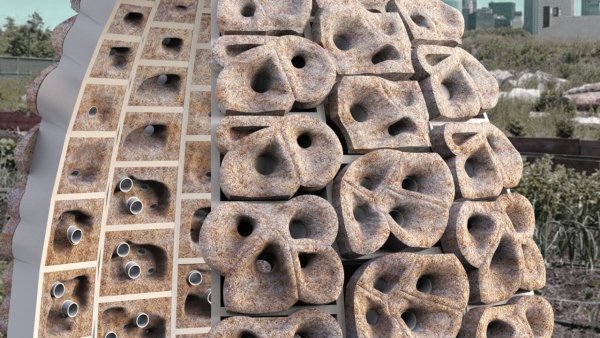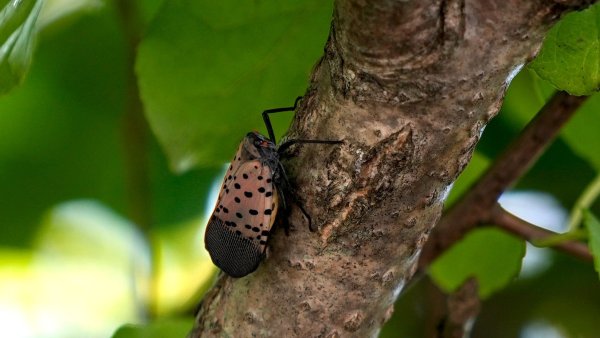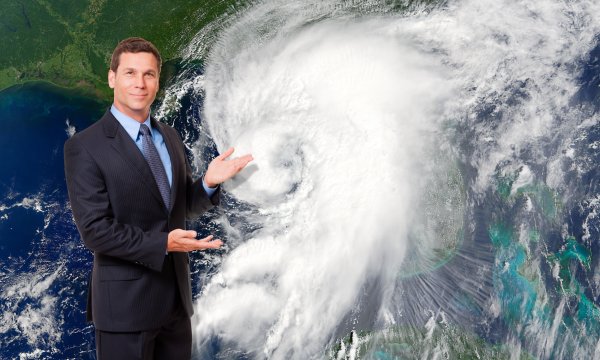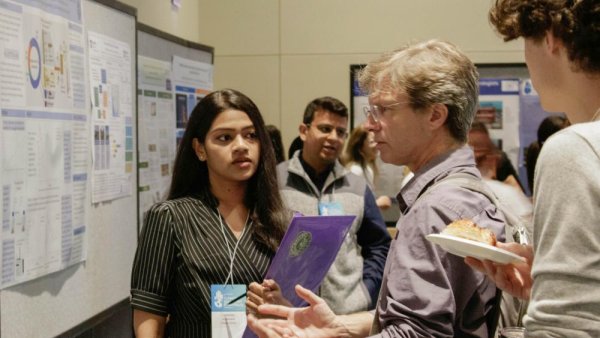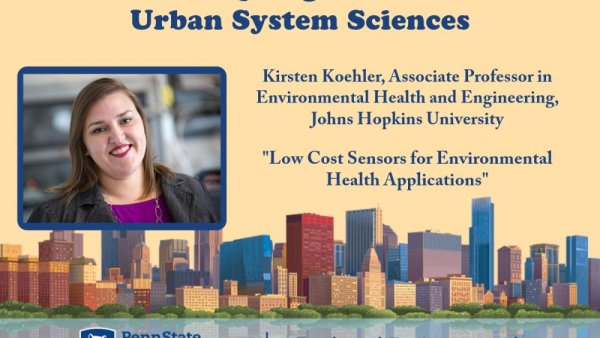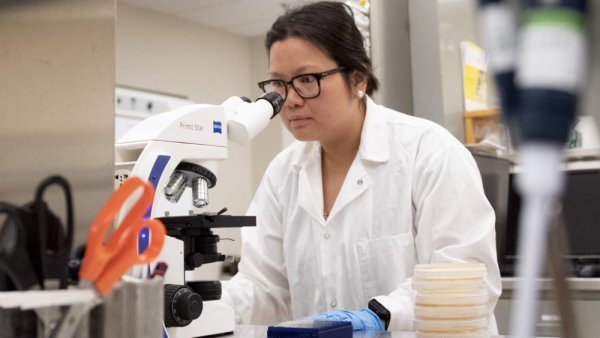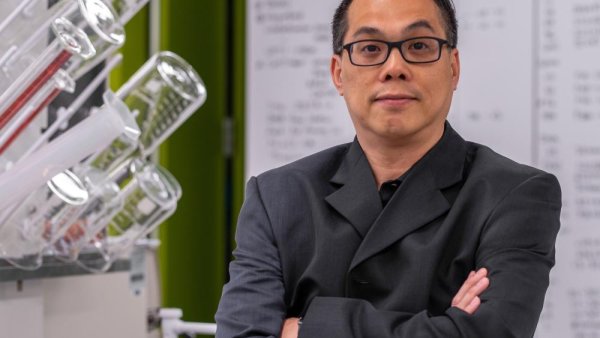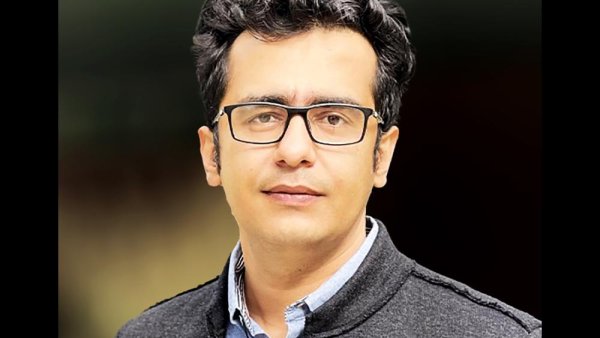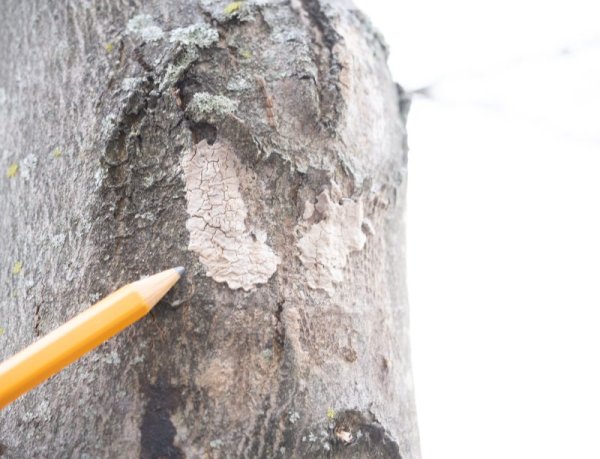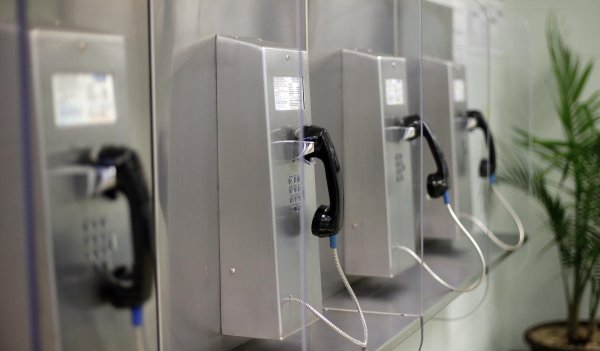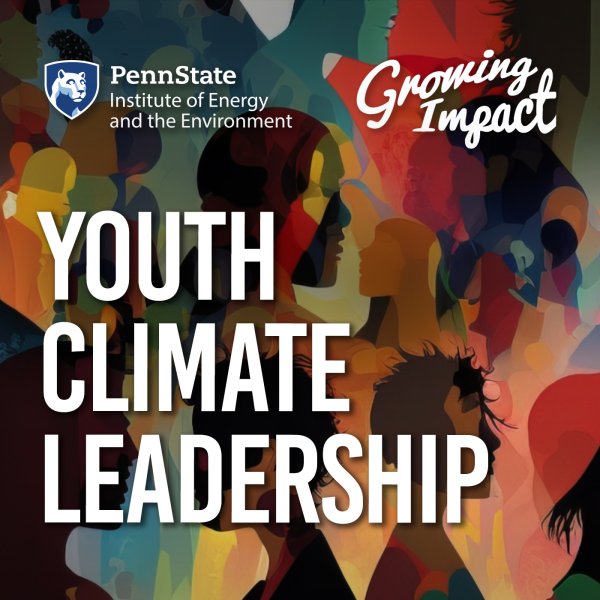The buildings of the future won’t just be for humans—they’ll be for insects, too
| fastcompany.com
Bee habitat is built into the design of these experimental new structures. This article mentions Penn State’s Huck Institutes of the Life Sciences.
Battling the bug: DEM recruits help in fighting invasive spotted lanternfly
| providencejournal.com
The state Department of Environmental Management is recruiting landscapers, nursery and highway workers in its battle against an invasive bug that threatens Rhode Island agriculture. This article mentions Penn State research.
Satellite data could revolutionize weather forecasts
| earth.com
Weather forecasts are on the brink of a significant improvement, thanks to research from Penn State University. This article features Penn State research.
Measuring plant root health by scanning leaves with X-ray device
| earth.com
As the world grapples with the escalating challenge of climate change, focusing on plant roots may be the solution. This article mentions Penn State research.
Climate Solutions Symposium announces call for climate posters
| psu.edu
The Penn State Climate Solutions Symposium will host a poster session, offering a platform to showcase climate change efforts and highlight innovative solutions.
Critical minerals’ role in green energy topic of 2024 Shoemaker Lecture
| psu.edu
Edward C. Dowling Jr., president and chief executive officer and board of directors member at Compass Minerals, will give the 2024 G. Albert Shoemaker Lecture in Mineral Engineering at Penn State. His talk, “Challenges and Opportunities of the Critical Minerals Revolution,” will be held at 4:30 p.m. on Friday, April 19, in the Hub-Robeson Center’s Freeman Auditorium and online via Zoom. A reception will follow the lecture at 5:30 p.m. in Alumni Hall. The event is free and open to the public.
April 1 EarthTalks: Environmental health exposure assessment using sensor data
| psu.edu
Kirsten Koehler, associate professor in the Bloomberg School of Public Health at Johns Hopkins University, will give the talk, “Low-cost sensors for environmental health applications,” at 4 p.m. on Monday, April 1, in 112 Walker Building on the University Park campus. The talk will also be available via Zoom.
Research Support Transformation Project moves forward, feedback solicited
| psu.edu
Over the past several months, the Research Support Transformation Project core team and its executive sponsors have been documenting and analyzing current processes and engaging stakeholders, including faculty and staff members, through a series of interviews to learn about their experiences. Now, they are sharing progress to date and inviting all faculty and staff members to provide input to help inform the project’s future directions.
Listen to your gut: Using microbiota analysis for precision health care
| psu.edu
Penn State News spoke to Professor Pak Kin Wong about his recently published paper that discusses the methods available for incorporating microbiota analysis into clinical decision-making, the challenges of doing so and the need for new technologies to capitalize on the potential of microbiota’s role in medicine.
Stuckeman architecture graduate awarded international dissertation prize
| psu.edu
Farzad Hashemi, who graduated in 2023 from Penn State with a doctorate in architecture, was recently named the recipient of the Architectural Research Centers Consortium Dissertation Award. He is the second recipient of the prestigious research award in as many years from the Stuckeman School.
Why the USDA wants you to destroy these invasive, mud-like masses
| newsnationnow.com
The invasive species, native to China, has spread to at least 16 states over the last decade. This article mentions Penn State research and quotes Penn State Extension expertise.
Landlines are dying out. But to some, they’re a lifeline.
| malaysia.news.yahoo.com
In a small town at the foothills of Mount Rainier, about 45 miles southeast of Seattle, the views are epic, but the cell reception is spotty. Susan Reiter has had a landline in her Enumclaw, Wash., home since 1978. This article, originally published by the Washington Post, quotes Robert Frieden, professor emeritus of telecommunications and law.

